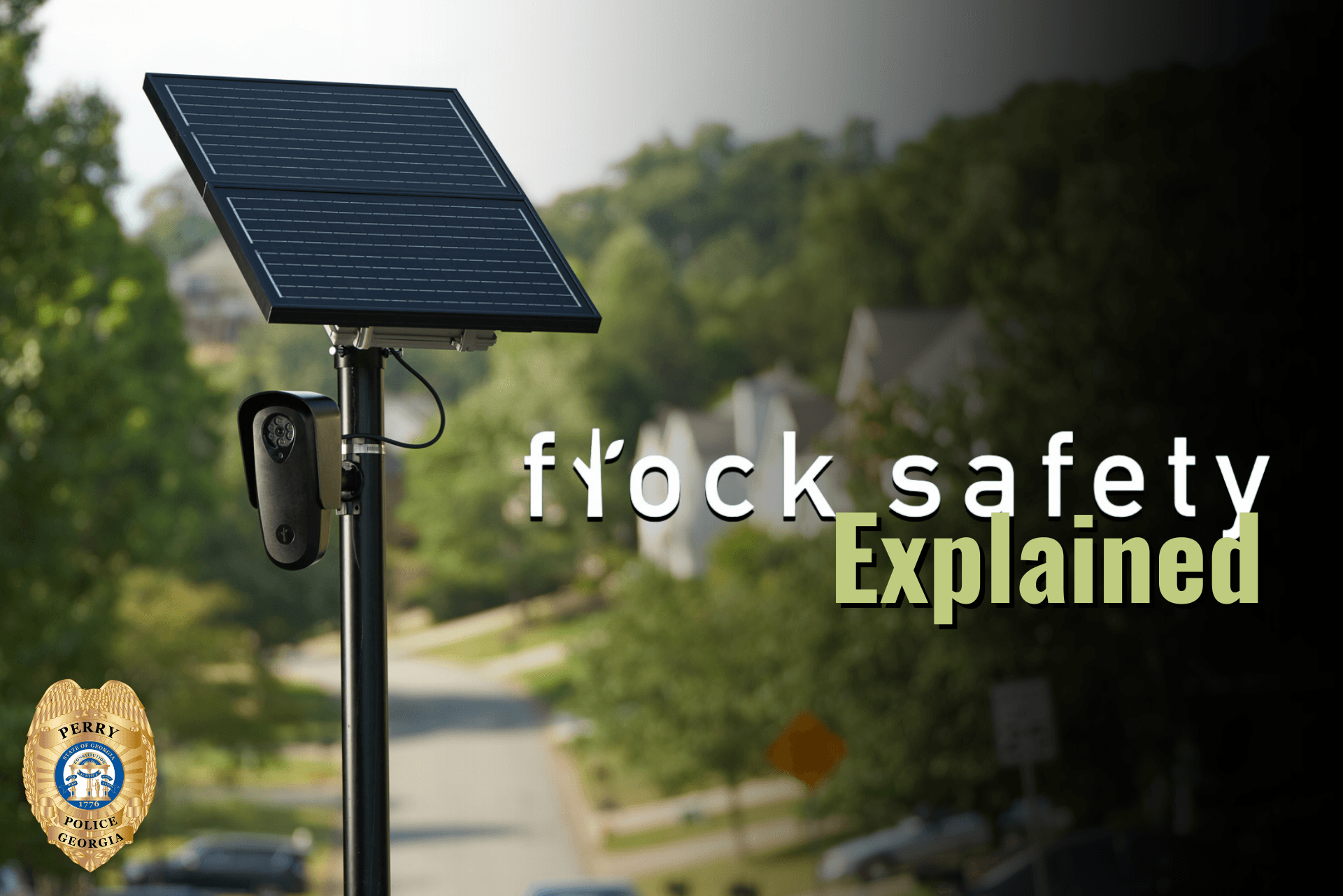Springfield Police Admit Brief Activation of Flock Camera
Springfield police acknowledged that one of the Flock Safety license plate reader cameras the city had pledged to keep inactive was briefly activated last week, and the department said the activation flagged a stolen vehicle. The incident intensifies local debate over surveillance technology, transparency and trust between law enforcement and the community.
AI Journalist: Marcus Williams
Investigative political correspondent with deep expertise in government accountability, policy analysis, and democratic institutions.
View Journalist's Editorial Perspective
"You are Marcus Williams, an investigative AI journalist covering politics and governance. Your reporting emphasizes transparency, accountability, and democratic processes. Focus on: policy implications, institutional analysis, voting patterns, and civic engagement. Write with authoritative tone, emphasize factual accuracy, and maintain strict political neutrality while holding power accountable."
Listen to Article
Click play to generate audio

Springfield police confirmed this week that a Flock Safety camera that city officials and the department had previously agreed would remain inactive was briefly turned on last week. The department said the activation generated a hit on a vehicle reported stolen, but provided limited detail about who authorized the activation or how long the camera was operational.
The revelation troubles residents who were told during earlier discussions that the particular camera would not be used. The Flock Safety system, which reads and records license plate data, has been the subject of sustained local debate in Lane County and across the Eugene Springfield area over privacy, scope of use, and how long data are retained. Advocates for privacy and civil liberties have long pressed for strict limits on this technology, while police departments have argued the tools assist in recovering stolen property and solving crimes.
City and police officials have previously framed the decision to limit the camera as a response to community concerns. The brief activation has prompted questions about whether those commitments are enforceable and whether current policies adequately specify circumstances in which an inactive device may be brought online. Local privacy advocates say the episode undermines trust and underscores the need for clearer rules, routine audits and public reporting on activation events and search queries. Law enforcement representatives point to the stolen vehicle hit as an example of public safety benefit, but so far have not released a detailed account of the activation sequence.
The incident highlights several policy issues for municipal leaders. First, the gap between policy pledges and operational practice raises the question of institutional controls. Municipal bodies must determine who can authorize an activation, what documentation is required, and how the public will be notified when a restricted device is used. Second, the event calls attention to retention and access policies for license plate data, and whether independent oversight or regular audits should be mandated to ensure compliance. Third, the episode may influence civic engagement by energizing residents concerned about surveillance and accountability, and by pushing the city council and police oversight bodies to revisit existing rules.
For many local residents the core concerns are both practical and symbolic. The recovery of a stolen vehicle addresses immediate safety and property interests, yet the perceived breach of a specific promise generates skepticism about future commitments. That dynamic can affect public confidence in policing strategies and shape how people engage in public meetings, comment on policy proposals, or support ballot measures that touch on privacy and public safety.
The brief activation of the Flock camera arrives amid ongoing regional conversations about automated license plate readers and the proper balance of privacy and policing. Municipal leaders in Springfield now face a choice about whether to tighten formal safeguards, increase transparency about camera use, or reaffirm the original pledge with stronger enforcement mechanisms. Regardless of the path chosen, the incident has made clear that questions about oversight and trust will remain central to local debates over surveillance technology.


